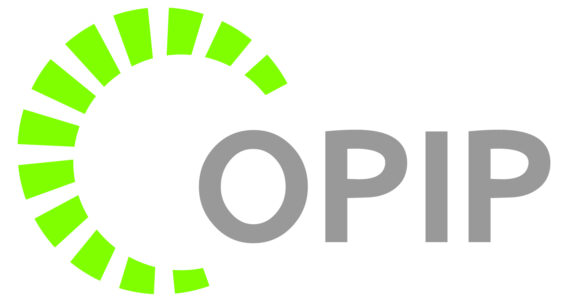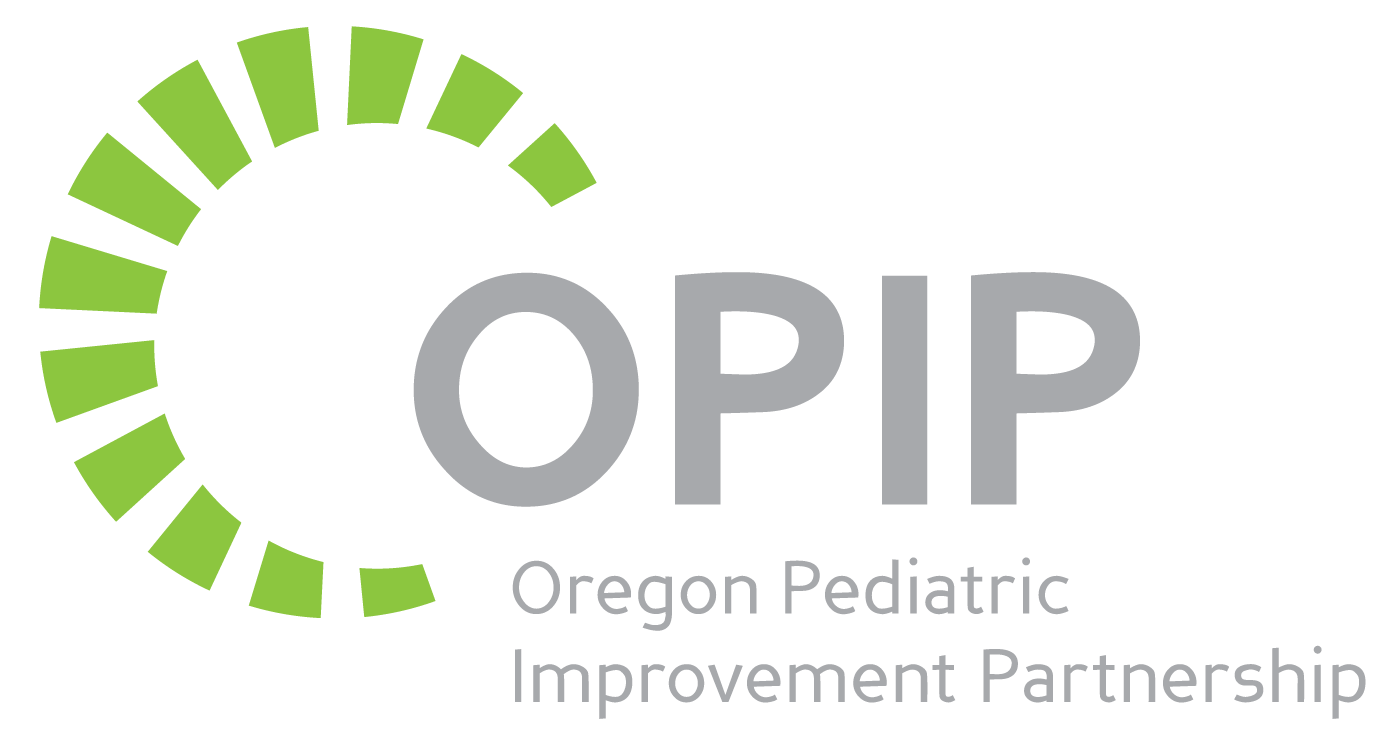OPIP is involved in a number of projects focused on implementing and enhancing patient-centered primary care medical homes and on using practice-level findings to inform policy-level improvements.
- Enhancing Child Health in Oregon (ECHO): Medical Home Learning Collaborative
- Tri-State Children’s Health Improvement Consortium (T-CHIC)
- Informing Oregon Patient-Centered Primary Care Homes (PCPCH) Health Reform
1. Enhancing Child Health in Oregon (ECHO): Medical Home Learning Collaborative
The ECHO Learning Collaborative is a breakthrough-series style effort with eight primary care practices focused on medical home, that was led by OPIP in collaboration with the Oregon Rural and Practice-Based Research Network (ORPRN). The ECHO Learning Collaborative was a an effort within the rubric of the Tri-State Children’s Health Improvement Consortium (T-CHIC), and falls under the CHIPRA Quality Demonstration Grant’s “Category C” activities focused on provider-based models for improvement.
Eight practices participated in this project, representing Pediatrics and Family Medicine; urban, suburban, and rural settings; and varying practice sizes. Within this project, the OPIP staff provided “at-the-elbow” quality improvement coaching and practice transformation support to five of the eight practices, most directly with four pediatric offices and one family medicine office. The remaining three practices were facilited by our project partner, ORPRN.
Over the course of the three-year learning collaborative, practices participated in five learning sessions focusing on core medical home concepts, while also developing participants’ quality improvement skills and practices’ capacity for change. The first Learning Session (November 2011), focused on practice-based strategies for identification of children and youth with special health care needs. The second Learning Session (May 2012) focused on care coordination. The third Learning Session (November 2012) focused on behavioral and mental health integration, followed by the fourth Learning Session (May 2013) on family & professional partnerships. The fifth and final Learning Session (November 2013) of the ECHO project focused on sustainability and adaptive capacity.
This project began in August 2011 and concluded in November 2013. Click here for additional information and to access our website link focused specifically on the ECHO project.
2. Tri-State Children’s Health Improvement Consortium (T-CHIC)
OPIP was a key partner in the Tri-State Children’s Health Improvement Consortium (T-CHIC) The Tri-state Children’s Health Improvement Consortium (T-CHIC) was an alliance between the Medicaid/CHIP programs of Alaska, Oregon, and West Virginia formed with the goal of markedly improving children’s health care quality. In February 2010, the Oregon-led consortium was awarded nearly $11.3 million over a 5-year period by the Centers for Medicare & Medicaid Services (CMS) via CHIPRA Quality Demonstration Grants. The ECHO Learning Collaborative described above is one part of the T-CHIC effort. Another component of the T-CHIC medical home-related efforts was the implementation and evaluation of the provider-based models to improve care.
OPIP’s role in the across T-CHIC efforts focused on medical home included the following:
– Ms. Reuland served on the T-CHIC leadership team and provided assistance, facilitation and consulting on across-T-CHIC activities, the T-CHIC learning collaborative, and project management. A key part of this effort was a Learning Curriculum across the T-CHIC states focused on aspects of medical home.
– Secondly, OPIP was responsible for developing, coordinating, and analyzing the T-CHIC Medical Home Office Report Tool (MHORT). A key part of this work was using the MHORT findings to guide and refine the practice-level improvement efforts and to inform the policy-level efforts needed to support medical homes. Baseline MHORT data was collected across the 21 practices involved in T-CHIC in March 2012, with updated MHORT data collected approximately every six months.
3. Informing Oregon Patient-Centered Primary Care Homes (PCPCH) Health Reform
A key part of the OPIP mission is to “inform policies that support optimal health and development for all children and youth.” In this critical work, we partner collaboratively with our OPIP Partners to articulate shared perspectives to and ensure a child and youth focus. We also seek to share learnings from the “front-line” to inform policy-level efforts and vice-versa hope to translate policy-level efforts into concrete, concise, and clear messages to front-line health care providers.
Below are some key activities OPIP has been involved in specific to medical home:
- Oregon Patient Centered Primary Care Home (PCPCH)
- OPIP Senior Leadership on the PCPCH Pediatric Advisory Committee.
- OPIP Senior Leadership has continued its involvement in the PCPCH program since the Pediatric Advisory Committee, including the Payment Workgroup in spring of 2010, and the PCPCH Implementation Taskforce in 2011 (convened by the Northwest Health Foundation).
- Feedback to Ensure a Child and Youth Focus in the Oregon PCPCH: In working with practices on medical home and the related PCPCH Standards through the ECHO Learning Collaborative, OPIP learned from the experiences of front-line practices. This feedback was compiled and given to the OHA for consideration into future iterations of the PCPCH Standards.

